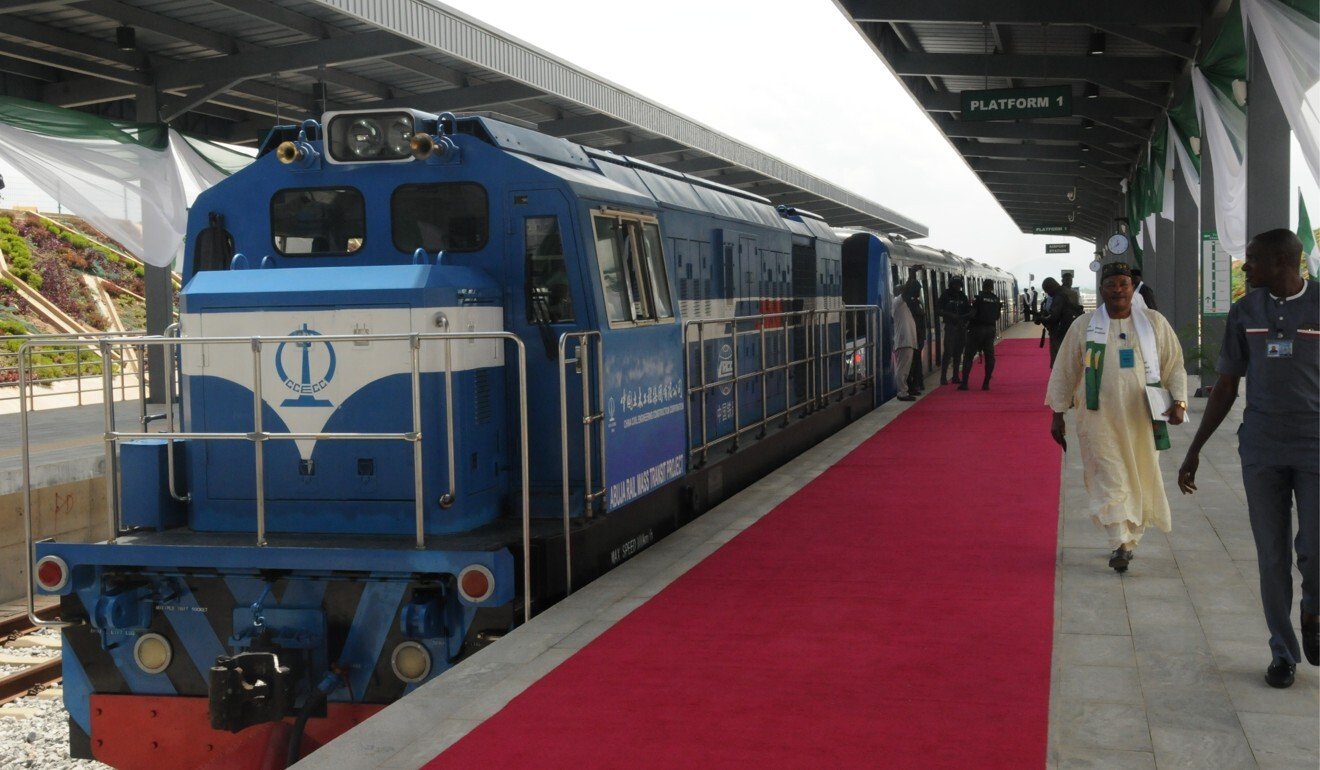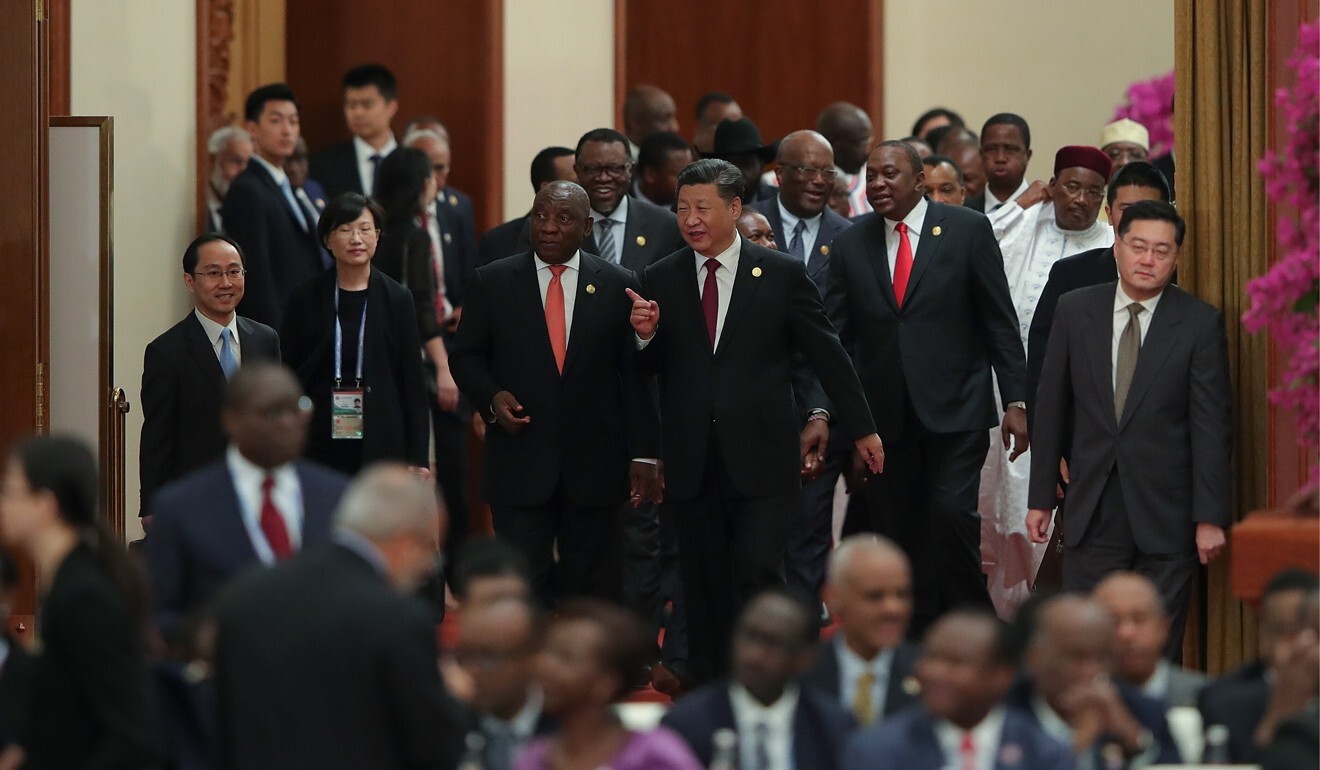
How the coronavirus pandemic has trapped China’s Belt and Road Initiative between a rock and a hard place
- China deviated from its usual policy by joining other nations in agreeing to a debt moratorium for countries in economic distress
- Some of China’s principal loan recipients, with weak health systems and large populations, are going to be hard hit by the pandemic. Restructuring their debt will be no easy feat
This is a sign, albeit limited, that not only is Beijing considered on par with the wealthy and powerful of the world, but that its interests coincide with a coalition of developed nations – at least for the moment. If China breaks ranks and pursues its own narrow interests, when many of these loans eventually default, it will lose the status it has long sought by developing its global soft power.
Even with the temporary halting of debt payments, these countries will not be able to service their debts months from now or for the foreseeable future. The G20 agreement is not likely to solve this longer-term payment problem because the current debt relief is simply debt delayed.

Calls for China debt relief had been gathering momentum over the past month. The former vice-president for the Africa region at the World Bank, Obiageli “Oby” Ezekwesili, has said the continent “must be accorded damages and liability compensation from China, the rich and powerful country that failed to transparently and effectively manage this global catastrophe”.
Ghana’s Finance Minister Ken Ofori-Atta has also said that over US$8 billion in interest payments African countries owe to China this year needs to be “looked at”, while Nigerian Finance Minister Zainab Ahmed said the country would seek to defer interest payments to China.
Had Beijing not gone along with the G20 proposal to push payments back to next year, at the earliest, the Export-Import Bank of China and the China Development Bank, which have collectively lent US$339 billion since 2013, would have likely been facing a wave of defaults.
Restructuring this debt, however, will be no easy feat. Part of the reason so many of these countries accepted China’s loans was precisely because they did not want to abide by highly restrictive IMF and World Bank lending standards. These borrowers, which lack transparency and have high levels of corruption and weak governance, were willing to pay higher interest rates and put up valuable collateral in exchange for easy money.

Their reticence now looks prophetic. Partly due to this brewing backlash, China’s overseas lending spree has slowed considerably over the past few years.
Defaults are highly likely as poor countries struggle to pay for their fight against Covid-19. If China seizes their assets, Beijing will then be seen as a health-crisis profiteer. That will certainly not win friends in a rapidly polarising world.
Perhaps that is one reason Beijing agreed to go all-in with major lending officials, like those of the Paris Club, a group of creditor countries which try to find workable solutions to payment difficulties faced by debtor countries, which China has still not officially joined.
There will be little tolerance among the world’s poorest countries for this type of control and misinformation as the novel coronavirus spreads. China’s approach to development assistance needs to change. It requires a broader conception of what funding means, including helping countries with non-loan assistance to strengthen public health.
It means acting like a longer-term stakeholder in the success of other countries, rather than simply an extractor of resources and opener of new markets for their own companies. It also means making sure that wealth circulates throughout the societies in which they do business rather than being siphoned off by the elite.
Either Beijing will find innovative ways that benefit debtor nations or it will be seen as just another predatory lender in a long history of empire builders. The backlash to China’s presence in lands around the world will soon follow, along with fractured political and economic relationships that become difficult, if not impossible, to mend.
Brian P. Klein (@brianpklein) is the founder and CEO of Decision Analytics, a New York-based strategic advisory and political risk firm. He previously served as a US diplomat focused on Asia

